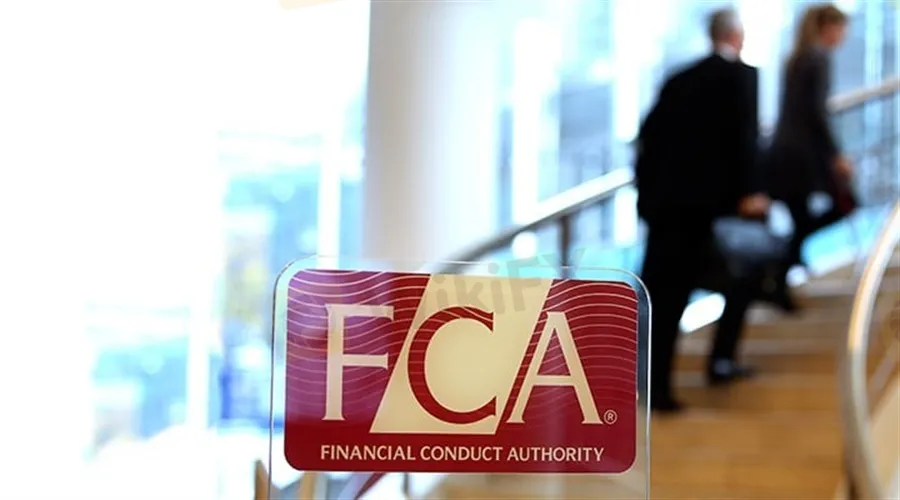简体中文
繁體中文
English
Pусский
日本語
ภาษาไทย
Tiếng Việt
Bahasa Indonesia
Español
हिन्दी
Filippiiniläinen
Français
Deutsch
Português
Türkçe
한국어
العربية
Citigroup’s Brokerage Subsidiary to Pay £12.6M for Failure to Detect Market Abuse
Abstract:Citigroup Global Markets breached Article 16(2) of MAR, FCA's Principles for Businesses. The institutional brokerage firm has agreed to resolve the case, FCA says.

United Kingdom's Financial Conduct Authority (FCA) has fined Citigroup Global Markets, an indirect subsidiary of Citigroup Inc., £12,553,800 for breaching the Market Abuse Regulation (MAR) trade surveillance requirements relating to the detection of market abuse.
Take Advantage of the Biggest Financial Event in London. This year we have expanded to new verticals in Online Trading, Fintech, Digital Assets, Blockchain, and Payments.
FCA, which announced the fine on Friday in a statement, said the institutional brokerage services company failed to properly implement the regulation.
As a result, the broker breached Article 16(2) of MAR and Principle 2 of the FCAs Principles for Businesses, the regulator added.
While Article 16(2) requires organizations involved in arranging or executing transactions in financial instruments to establish and maintain effective arrangements, systems, and procedures to detect and report potential market abuse, Principle 2 demands that “a firm must conduct its business with due skill, care, and diligence.”
“By failing to properly implement the MAR trade surveillance requirements, Citigroup Global Markets could not effectively monitor its trading activities for certain types of insider dealing and market manipulation,” FCA explained.
The watchdog further explained that Citigroup Global Markets flawed execution opened up gaps in its arrangements, systems, and procedures for additional trade surveillance.

Disclaimer:
The views in this article only represent the author's personal views, and do not constitute investment advice on this platform. This platform does not guarantee the accuracy, completeness and timeliness of the information in the article, and will not be liable for any loss caused by the use of or reliance on the information in the article.
Read more

5 Risks associated with Grand Capital
You can avoid fraud, crypto scams, and similar traps simply by staying informed. If you regularly follow forex news, there’s a lower chance that you’ll fall victim to such scams. Being aware is the only way to stay safe. That’s why you also need to know about the Grand Capital broker and why it should avoided.

Exposed: Ibell Markets - A Scam Broker That Does Not Allow Withdrawals
Ibell Markets adds to the infamous list of scam brokers who think about acquiring customers and their investments. But what about the withdrawal? Do they allow? Read this to find out.

Avoid Trendify: 5 Red Flags Revealed
Trendify is nothing more than a scam broker. It is one of those forex brokers that acts genuine but is actually full of red flags. Before you invest and fall victim to its investment scam, its better to check out the risks involved with Trendify.

Forex Interbank Rate & How It Influences Your Trading
A forex interbank rate is nothing but the wholesale currency exchange rate that banks and other major financial institutions use to trade currencies among themselves. Read more about it.
WikiFX Broker
Latest News
Forex Hedging: Is It a Trader’s Safety Net or Just an Illusion?
OPEC+ members agree larger-than-expected oil production hike in August
Top Wall Street analysts are pounding the table on these 3 stocks
Stock futures fall after Trump team says tariffs will go into effect on Aug. 1: Live updates
FCA clarifies expectations on bullying, harassment and violence to deepen trust in financial service
Asia-Pacific markets mixed after Trump shifts goalposts on tariffs again
XS.com Expands Global Reach with Landmark Kuwait Launch
European markets set to open mixed amid fresh U.S. tariff threats
America's Deficit Reckoning: How the U.S. debt spiral could spark a crisis
Treasury yields hold steady as Trump extends tariff deadline
Currency Calculator


